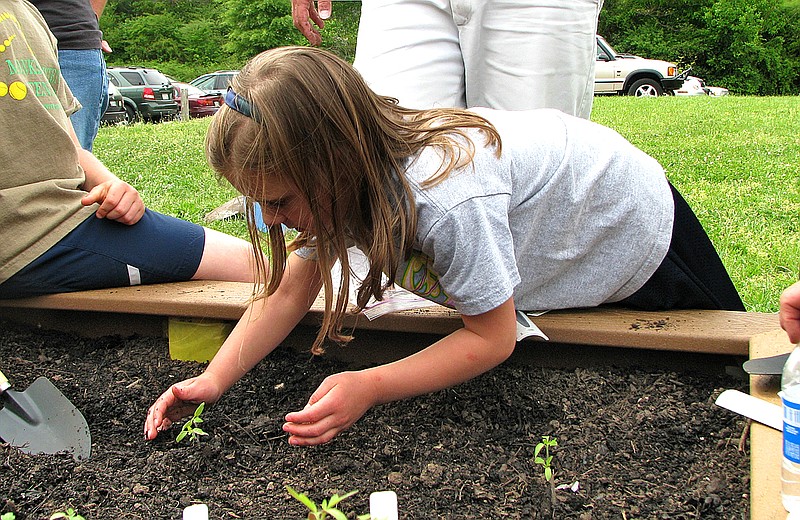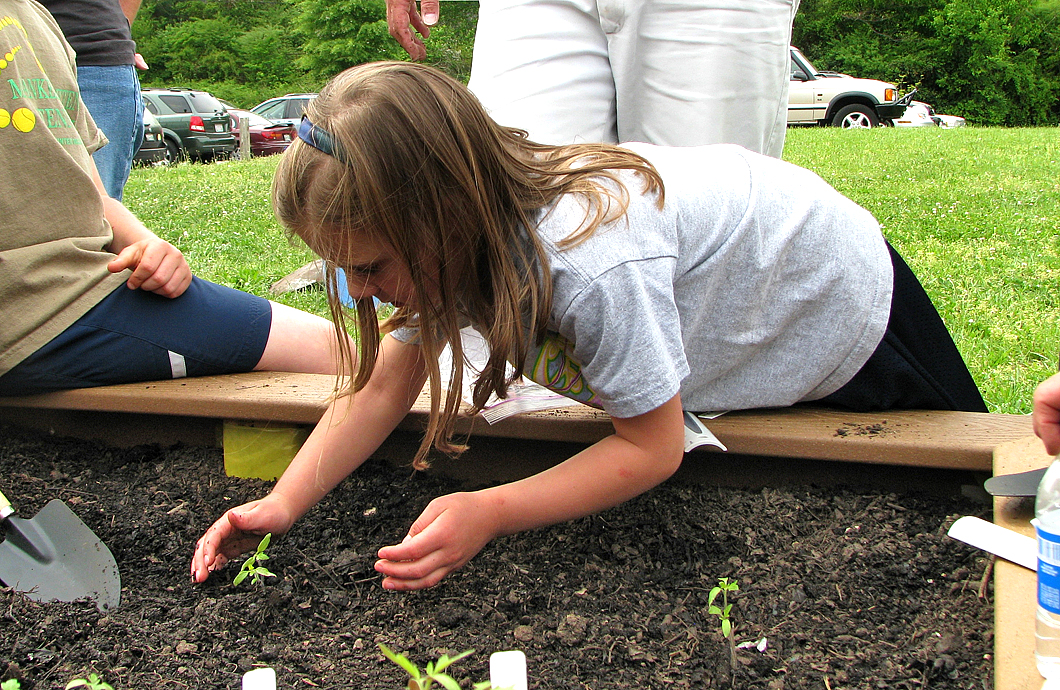• What: A program designed to teach children about where food comes from, and how it comes about. Through the program, the students are taught healthy eating habits. Children help plant seeds in vertical, hanging gardens that can also be used in crowded apartments and residences with limited or no access to a yard. The 45 "sprouts," as the children are called, consist of first- through fifth-graders who meet monthly to learn about plants, food and the outdoors.
• Who: St. Peter's Episcopal School
• Location: North Chattanooga
• How's it green?: Administrators have used the program to launch programs such as a recycling program, a school garden and outdoor classroom studies. Many students don't know where their food comes from, school officials say, so guest speakers from healthy businesses such as Earth Fare share that knowledge with children.
• Why do it this way?: Children are impressionable, making youth a good time in which to teach healthy habits such as eating naturally grown food instead of sugary sweets.
• What's the cost?: The school has shelled out about $2,500 for garden supplies.
• Advice for others: "If you involve the kids in knowing their food and trying healthy food, and model eating healthy food, they really pick up on it," said Jaime Melton, development director at St. Peter's Episcopal School.
• Is environmentalism an essential part education?: It's one of the four main pillars, which include curriculum, the school's Episcopal identity, service to the community and "trailwise," as the school's green program is called.

